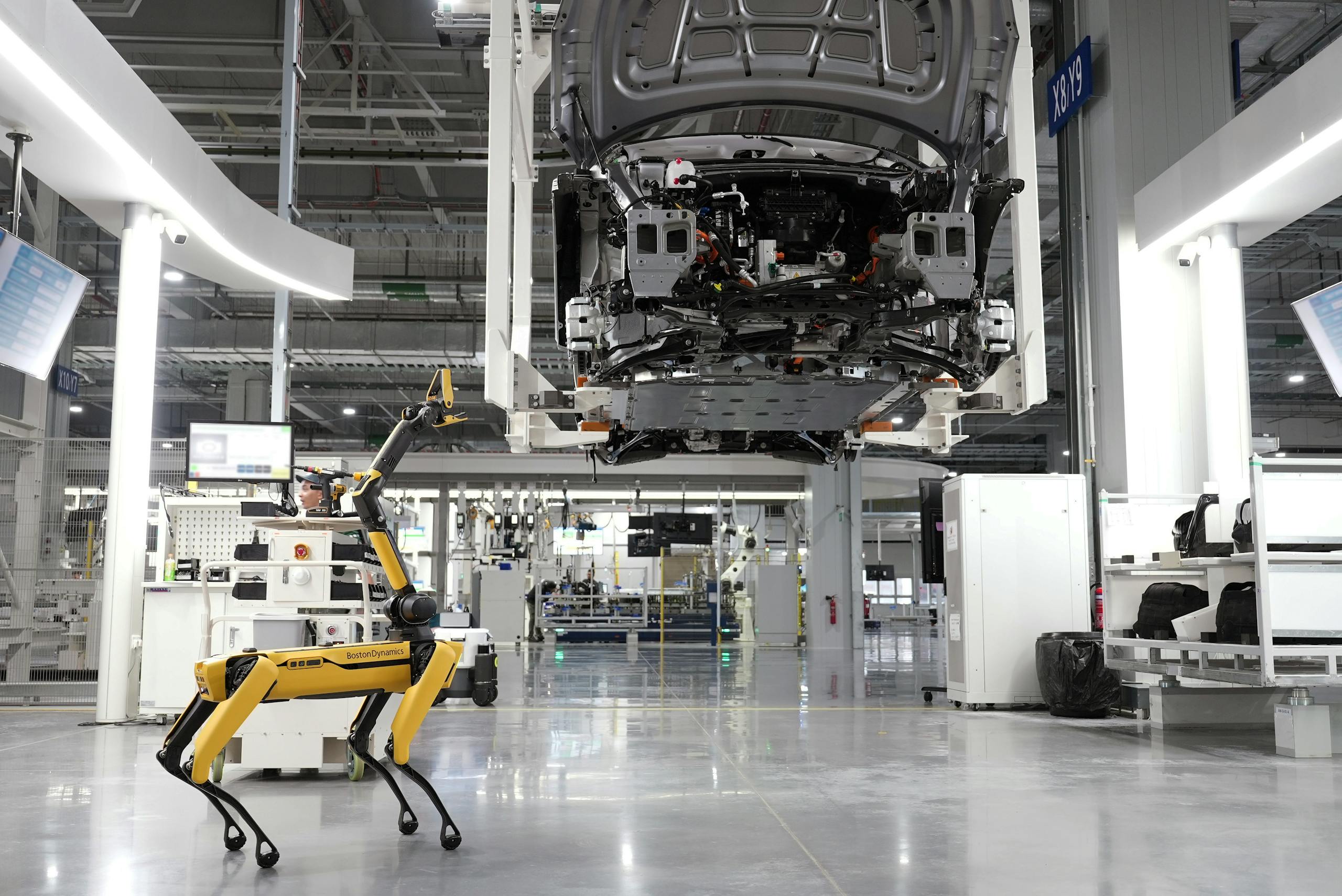How AI in Manufacturing is Transforming the Industry
Artificial Intelligence (AI) is revolutionizing manufacturing by providing tools to optimize processes, enhance decision-making, and drive innovation. This article explores the broader context and emerging trends shaping the future of manufacturing.
Understanding AI in Manufacturing
AI refers to the application of intelligent systems and data-driven algorithms to improve operations. By integrating machine learning, robotics, and analytics, manufacturers can enhance production efficiency, quality, and adaptability in dynamic market conditions.
The Evolution of Artificial Intelligence in Manufacturing
AI’s journey in manufacturing began with basic automation and has now evolved into advanced systems capable of self-learning and autonomous decision-making. Early implementations focused on reducing manual errors, while today’s technologies are reshaping how factories operate, from real-time monitoring to predictive capabilities.
Emerging Technologies in Manufacturing
1. Collaborative Robotics (Cobots)
Cobots work alongside human operators, enhancing productivity by handling repetitive or high-precision tasks while enabling greater flexibility on the production floor.
2. Digital Twins
Digital twins use AI to create virtual replicas of manufacturing systems. These models allow for real-time simulation, optimization, and troubleshooting without disrupting actual operations.
3. Edge Computing
Edge computing brings AI processing closer to manufacturing equipment, enabling faster data analysis and decision-making directly on the factory floor.
4. Generative Design
AI-powered generative design tools explore multiple design solutions based on predefined parameters, improving product innovation and reducing time-to-market.
Workforce Impact of AI
AI is reshaping manufacturing processes and redefining workforce roles. While repetitive tasks are increasingly automated, new opportunities arise for workers to focus on creative, strategic, and supervisory roles. Upskilling and continuous education are crucial for employees to thrive in AI-enabled environments.
High-Level Trends in Manufacturing
- Sustainability Initiatives: AI is driving sustainability by optimizing resource utilization and reducing waste in production processes.
- Personalized Manufacturing: The rise of AI allows for mass customization, enabling manufacturers to tailor products to individual customer preferences.
- Integration with IoT: AI and IoT are converging to create fully connected, smart manufacturing ecosystems.
- Resilient Supply Chains: AI enhances supply chain resilience by predicting disruptions and optimizing inventory management.
The Future of AI in Manufacturing
As technologies advance, the manufacturing industry will witness more autonomous systems, hyper-personalization, and seamless human-machine collaboration. These developments will enable manufacturers to meet the demands of Industry 4.0 and beyond.
Final Thoughts
Artificial Intelligence represents a paradigm shift toward smarter, more adaptive operations. By understanding trends and embracing innovation, manufacturers can position themselves for long-term success.
Looking to implement AI in your manufacturing processes? Contact Factory Neural today for customized AI solutions tailored to your business needs.


